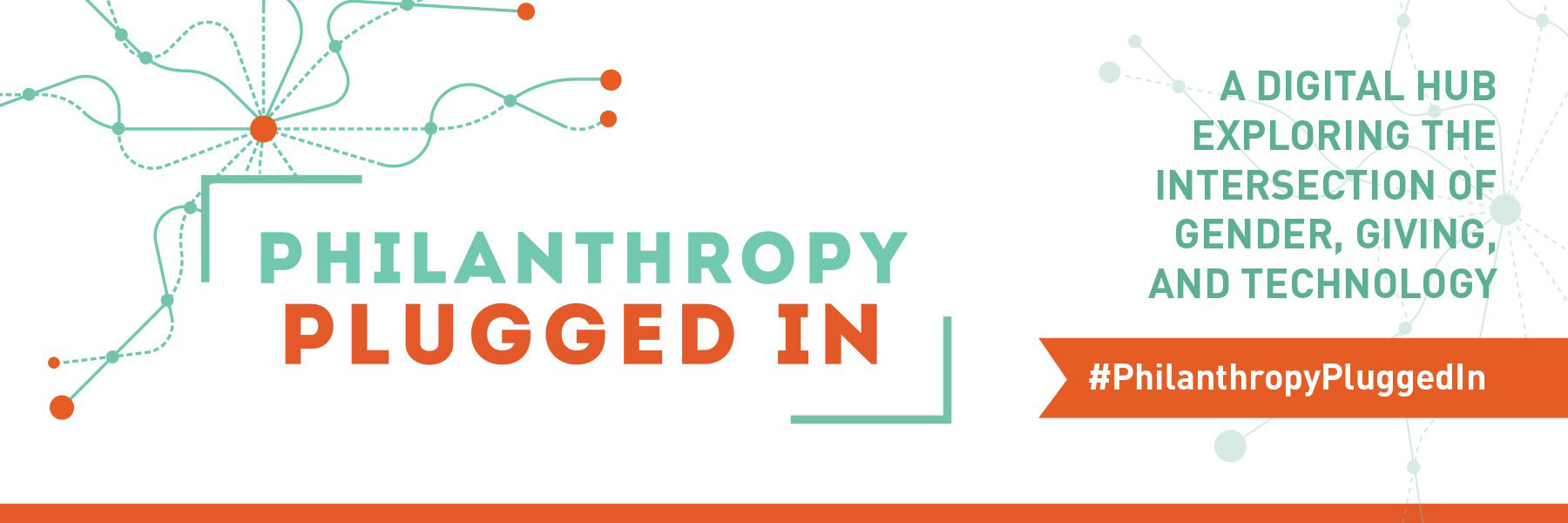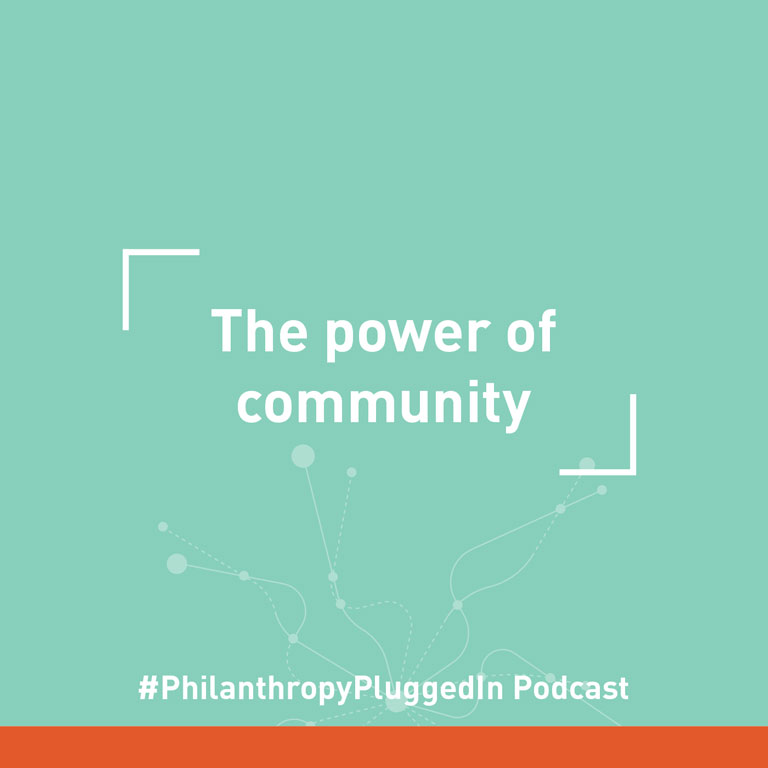Ashlei Spivey
 Ashlei Spivey is a bold leader who actively works to create just and equitable communities. In her work as a community organizer, philanthropist, and activist, she champions racial and gender equity in hopes to create sustainable system change.
Ashlei Spivey is a bold leader who actively works to create just and equitable communities. In her work as a community organizer, philanthropist, and activist, she champions racial and gender equity in hopes to create sustainable system change.
She is a graduate of Jackson State University where she studied communications and marketing, then attended University of Texas Arlington for her master’s program in urban social planning. She boomeranged back to Omaha nine years ago bringing racial and gender equity to the work happening in the city where she was born and raised. She has spent the last decade of her professional career working in spaces from organizational development to philanthropy.
Ashlei is the founder of I Be Black Girl (IBBG), a collective that supports Black women and girls to grow, give and connect. IBBG has had outsized impact since inception in 2017; it has invested more than $100,000 in Black women and girls through the giving circle and entrepreneurship programming. In 2019, Ashlei was chosen as an ABFE Connecting Leaders Fellow, one of 10 philanthropic professionals nationally selected for this opportunity. Ashlei also proudly serves on the ACLU of Nebraska board of directors.
Ashlei has been recognized as a 2018 Midlands Business Journal 40 Under 40 recipient, 2018 The Greater Omaha Chamber of Commerce Young Professional Changemaker, 2018 Omaha Women’s March Keynote, 2019 Ten Outstanding Young Omahan, 2019 Urban League YP African American Leadership Award, and 2020 Tribute to Women recipient.
Most importantly Ashlei is a mom, daughter, friend, and neighbor.



 Caren K. Lock is the regional vice president and associate general counsel of TIAA. TIAA is a Fortune 100 financial services organization that is the leading provider of financial services in the academic, research, medical, cultural, and governmental fields.
Caren K. Lock is the regional vice president and associate general counsel of TIAA. TIAA is a Fortune 100 financial services organization that is the leading provider of financial services in the academic, research, medical, cultural, and governmental fields.
 Ashlei Spivey is a bold leader who actively works to create just and equitable communities. In her work as a community organizer, philanthropist, and activist, she champions racial and gender equity in hopes to create sustainable system change.
Ashlei Spivey is a bold leader who actively works to create just and equitable communities. In her work as a community organizer, philanthropist, and activist, she champions racial and gender equity in hopes to create sustainable system change.